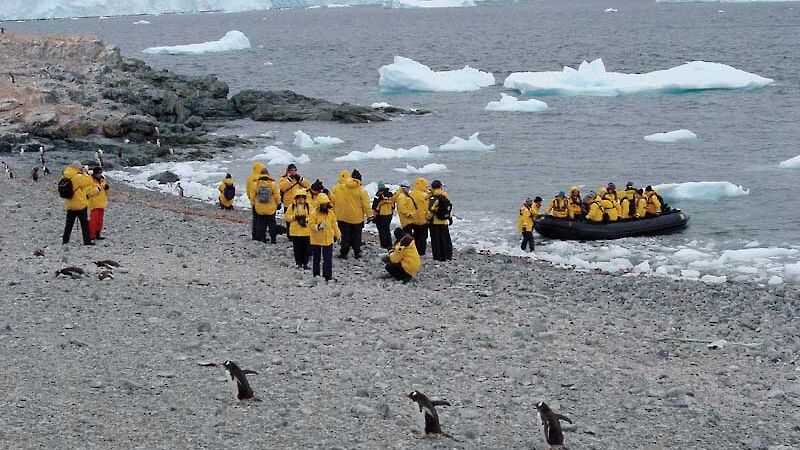Climate change will impose a complex web of threats and interactions on the plants and animals living in the ice-free areas of Antarctica.
Increased temperatures may promote growth and reproduction, but may also contribute to drought and associated effects. These scenarios are explored in a new book, Trends in Antarctic Terrestrial and Limnetic Ecosystems: Antarctica as a Global Indicator, co-edited by Australian Antarctic Division biologist, Dr Dana Bergstrom.
The book concludes that Antarctica is not really that different from other continents, just extremely isolated and at the end of the spectrum of planetary conditions.
Among future pictures is invasion by more competitive alien species carried there by humans. People visit Antarctica seeking a place of unspoilt wilderness or chasing scientific knowledge.
Antarctica contains some of the only places on Earth where natural biological phenomena can be studied in their pristine state. Human visitation risks breaking its isolation, and seriously threatens Antarctica’s unique legacy.

